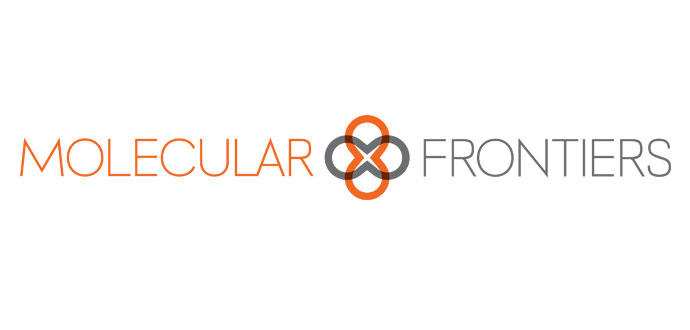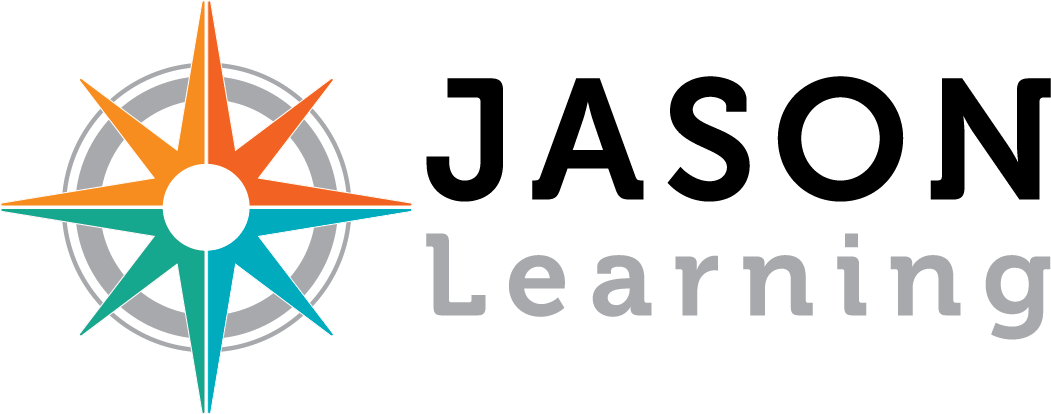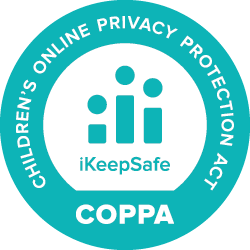Next Breath is a charity that aims to bring advances in the cleaning of air emerging from the COVID-19 pandemic to those of the world’s 1.6 billion children most at risk of the health and learning risks of dirty air. Led by Lorie Karnath, founding editor of Molecular Frontiers Journal, Next Breath is leveraging charitable support to organize in late 2021 an international scientific conference called The Next Breath in Lausanne in partnership with the World Frontiers Forum, while partnering with other nonprofit and for-profit organizations to bring the simplest and most accessible non-therapeutic interventions to the kids who most need them.
The Nature of Water Conference
March 6 – 7, 2023
University of California, Berkeley | Berkeley, California
This two-day conference will consider the qualities of water from a scientific perspective as well as will delve into the role of water as a key component to life. It will focus on the challenges that exist and those that lie ahead if we do not properly address the water crisis that the planet currently faces. Water is critically joined in life on the planet. Without water, life cannot be sustained. We will consider the importance of water, maintaining our water resources, understanding the role of water in biological systems, and then looking at novel approaches to the global water crisis including shaping water behavior in water harvesting. This conference will be live-streamed by JASON Learning.

Molecular events underpin much of what happens in our daily lives and on our planet. Everything from storage of memories in our brains to medical diagnostics and climate change all depends on molecular actions. Aiming to raise the appreciation of science and technology and their importance in addressing sustainability challenges, Molecular Frontiers presents in a new way the roles of molecules in various exciting and urgent contexts, especially catering to young people.
Molecular Frontiers started as a non-profit foundation registered in the state of Massachusetts, USA in 2006. In 2007, a second branch was founded by the Royal Swedish Academy of Sciences in Stockholm, Sweden. Working globally, Molecular Frontiers also has hubs in Africa and Asia. The organization operates with a small staff and relies extensively on volunteer contributions and support from governments, industry, and other non-profits.


JASON Learning is an independent 501(c)(3) nonprofit founded 33 years ago by Dr. Robert D. Ballard. Our vision is that students everywhere have the same opportunity for authentic exploration, innovation, meaningful and engaging learning in science, technology, engineering, and mathematics (STEM) to deepen their appreciation and knowledge, improve their lives, build careers, become informed and proactive citizens who will make a better world.
We envision JASON to be THE place to find STEM education resources for formal and informal education centers, school districts, teachers, families, and students worldwide.
We invite you to explore the “Nature of Water” using JASON’s: Climate Seas of Change, Wetlands Race to Restore, VIMS-Marine Science & Microplastics, World of Waves, Monster Storms, and Immersion Learning Collections.
Conference Presentations
Welcome Address

Prof. Richard J. Saykally
Endowed Professor of Chemistry, UC Berkeley, CA
Biography“Since water compromises 70% of the Earth's surface, aqueous interfaces are a dominant factor in ocean chemistry, and geochemistry, not to mention biology! Having an accurate and universally predictive model for water is thus imperative!”
Biography“The difference between the "solvation" in protein and in water is the key to the action of many biological systems.”

Prof. Arieh Warshel, Nobel Laureate in Chemistry
Distinguished Professor of Chemistry, University of Southern California, Fellow of the National Academy of Sciences

Prof. Richard Zare
Marguerite Blake Wilbur Professor in Natural Science, Professor of
Chemistry, Stanford University
Biography“Water is so common yet so mysterious; you might think that after all these years of studying water that we would know everything about water, but we are still discovering surprises!”

Prof. Frances H. Arnold, Nobel Laureate in Chemistry
Linus Pauling Professor of Chemical Engineering, Bioengineering and Biochemistry at the California Institute of
Technology

Prof. Pernilla Wittung-Stafshede
Chalmers University of Technology, Gothenburg, Sweden, the Nobel Committee for Chemistry, Member Royal Swedish Academy of Sciences, member Royal Swedish Academy of Engineering Sciences
Biography“Equality, diversity and inclusion are essential factors for solving the world's many challenges. We need young people from all over the world as future scientists.”
Biography“Science involves setting goals, trying hard to reach those goals, and often (almost always!) making mistakes along the way.”

Prof. Harry Barkus Gray
Arnold O. Beckman Professor of Chemistry, California Institute of Technology

Prof. Bengt Nordén
Department of Chemistry and Chemical Engineering, Chalmers University of Technology Gothenburg, Sweden, Former Chair Nobel Committee, Chemistry
Biography“I am optimistic about our possibilities to mitigate the challenges that currently trouble planet Earth.”
Investigating Biological Diversity at the Smallest Scale
Biography“Wherever science looks on Earth we find life: self-propagating molecular assemblies that can utilize resources in their local environment to propagate and disperse. What can we learn about the smallest such organisms and how do they affect our world?”

Prof. Andrew Z. Fire, Nobel Prize in Physiology or Medicine (2006)
Professor of Pathology and of Genetics, Stanford University School of Medicine

Dr. Peter G. Brewer
Monterrey Bay Aquarium Research Institute
Biography“This finding bridges the 50+ year long divide between the fluid dynamics and chemical physics views of microbial swimming efficiency.”
Biography“Using satellites, we can understand the dynamics of water quantity and state, which helps us understand current and historical hydrologic trends and improve our resilience to ongoing climatic changes.”

Prof. Jessica Fayne
Research Fellow, Department of Earth and Environmental Sciences, University of Michigan

Prof. David Sedlak
Plato Malozemoff Professor, Department of Civil & Environmental Engineering, UC Berkeley, CA
Biography“If water is the essential ingredient of life, then water supply is the essential ingredient of civilization.”
Biography“Great ideas only become solutions once you act on them.”

Cynthia Koenig
Founder, Wello Water

Prof. Omar Yaghi
James and Neeltje Tretter Professor of Chemistry, UC Berkeley, CA
Biography“We need to care about the things that we do not see - we need to study those things and bring them fruitfully to society.”


